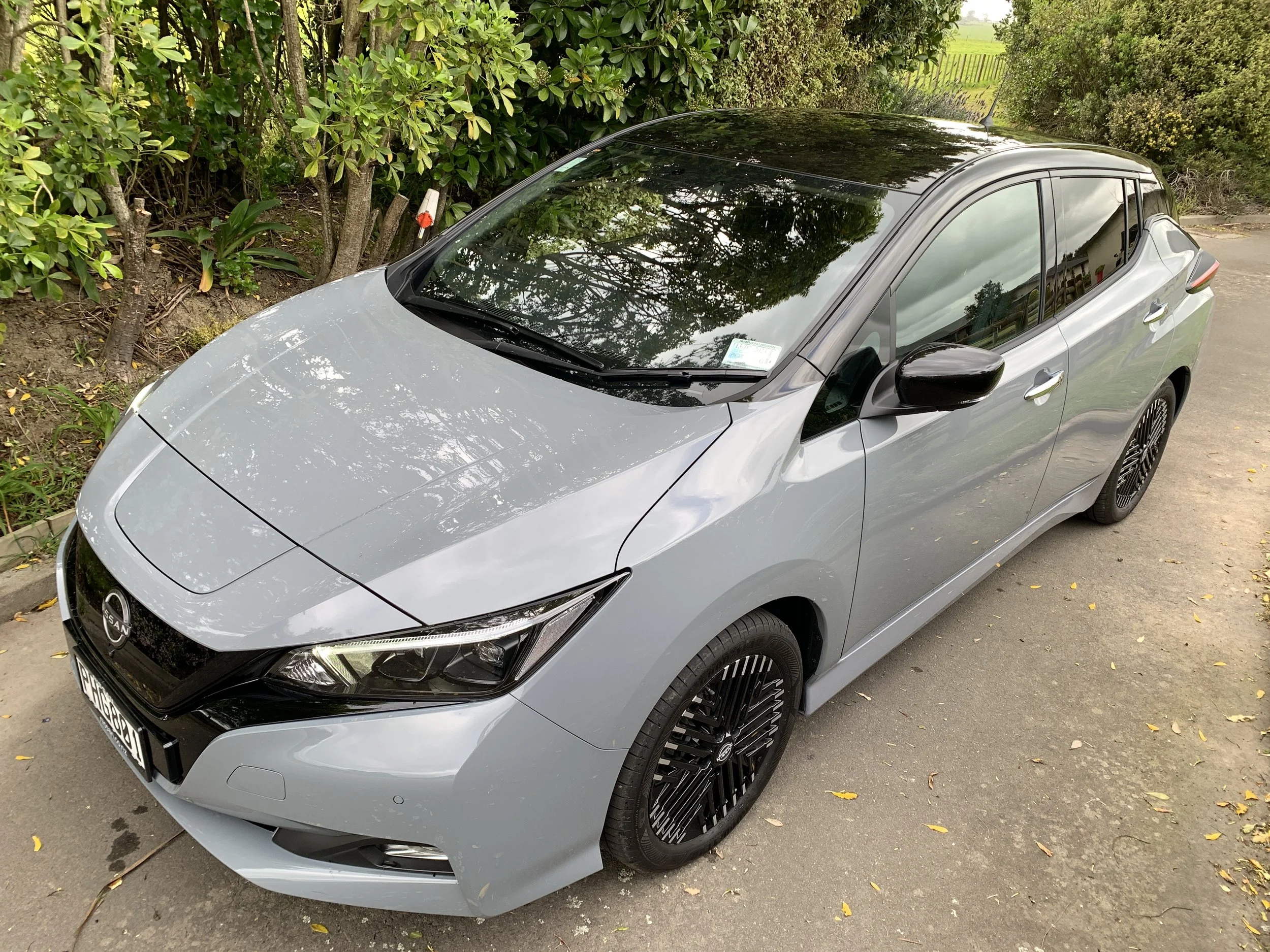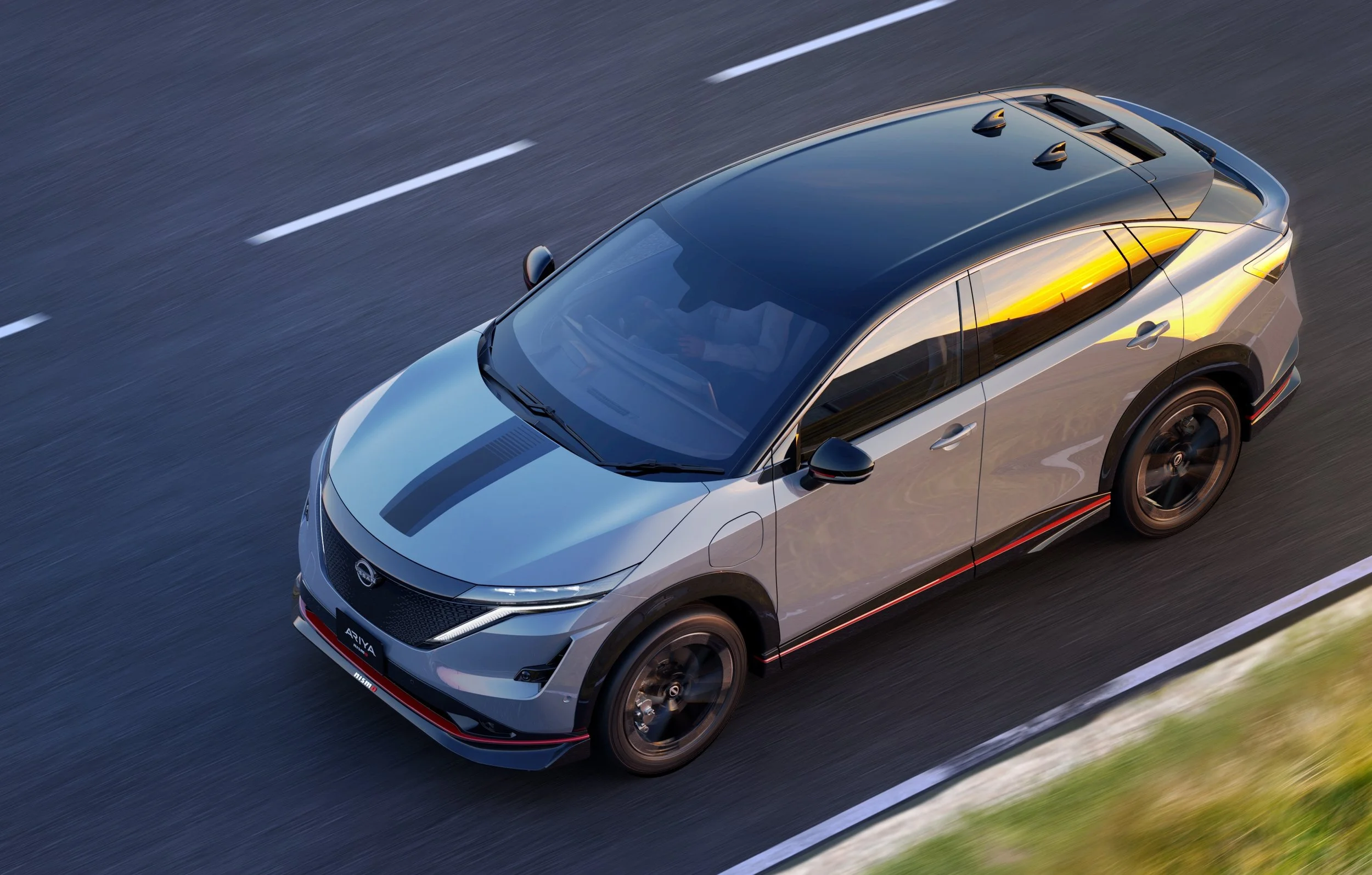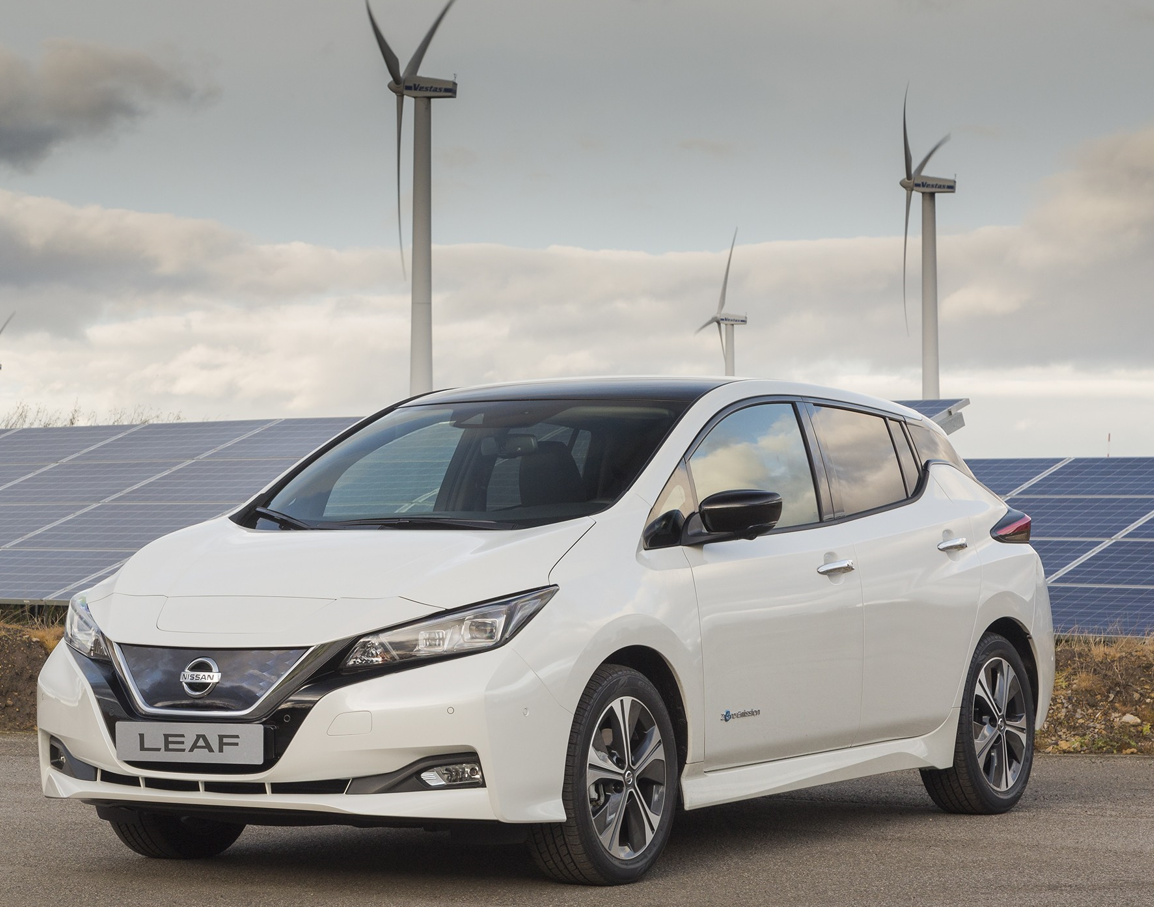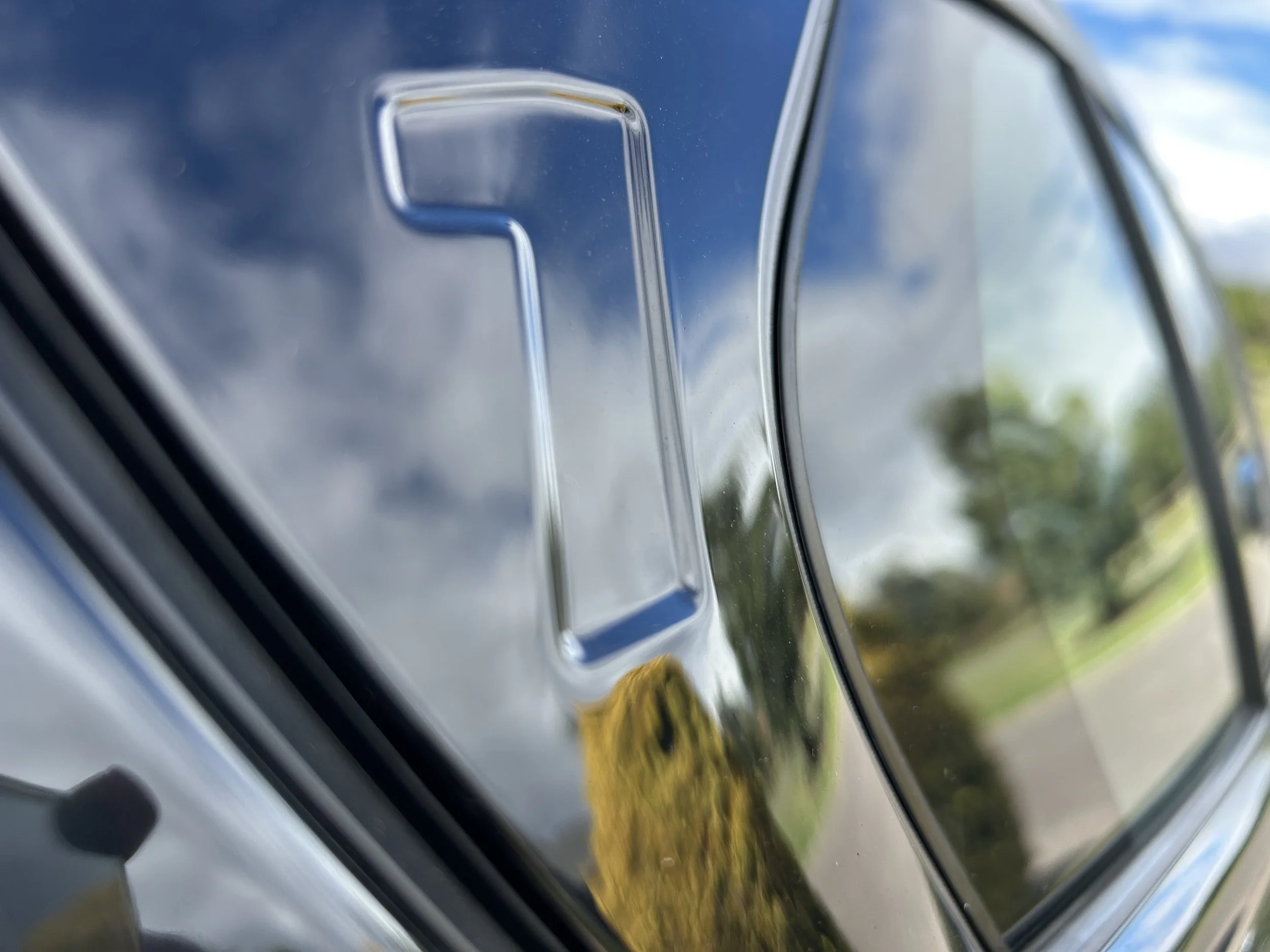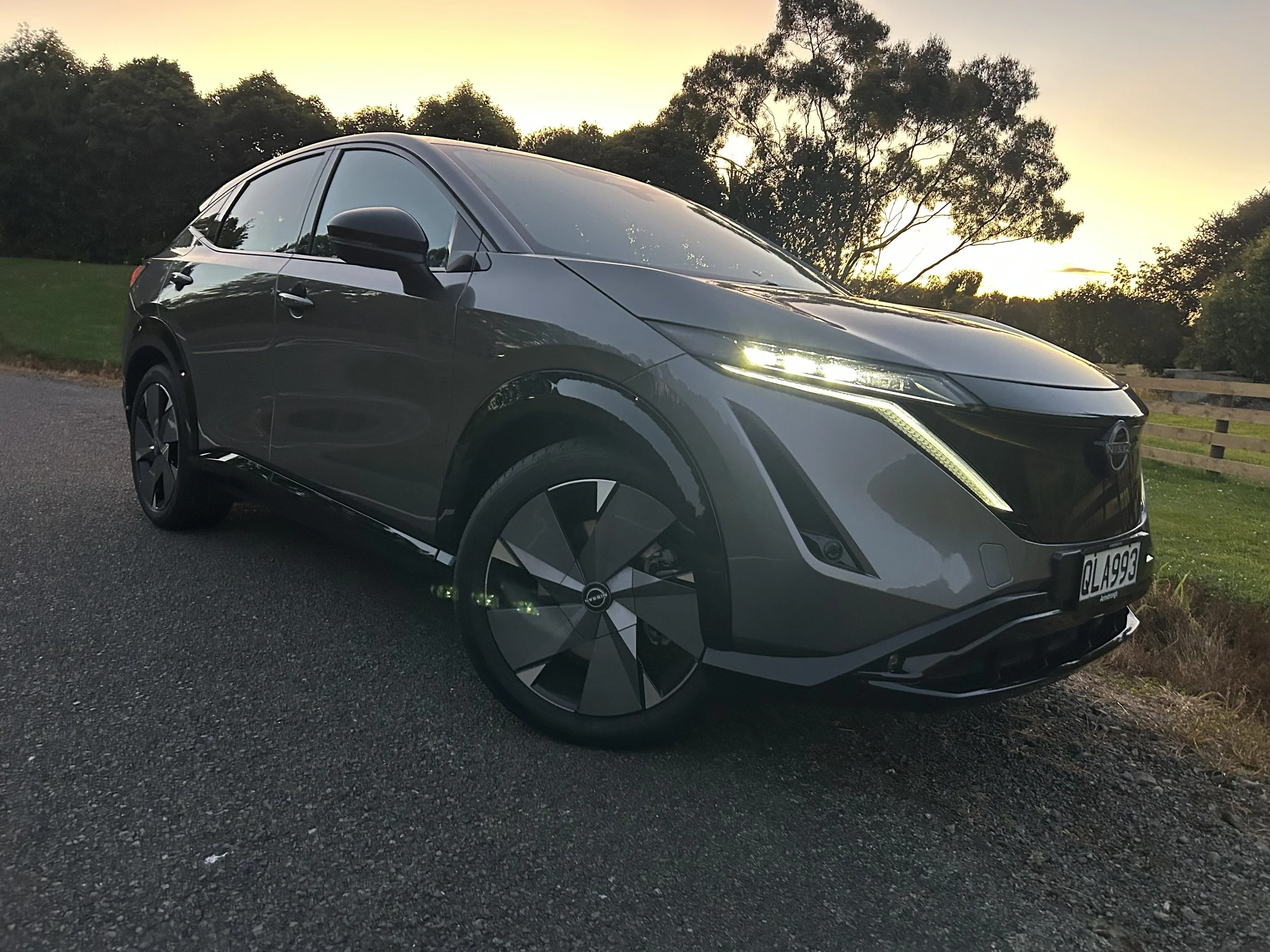NZ’s Leaf ceases build, supply solid
/Landmark car on final run as brand preps to deliver larger second battery car.
RIPPLE effect from production of the Nissan Leaf in New Zealand-new form having now ceased might not be felt for months yet.
Kiwi allocation of the nameplate, the world’s first mass-market electric vehicle when it introduced in 2010, comes from Sunderland, in the United Kingdom.
Leaf production is expected to continue at plants in the United States - only in left—hand drive - and Japan, but whether NZ allocation transfers to the latter is not at all clear.
Nissan NZ has indicated it has a healthy stockpile of Leafs here and it is not clear if additional factory consignments have been sorted.
It has been selling the car at special reduced pricing to keep interest up now that the Clean Car rebate it was eligible for has gone and also to stave off the continual issue of competition from used imports.
For its part, the factory in announcing end of production as of March 2 has signalled the European stock is provides will likely be sold until the end of the year.
Nissan NZ’s next electric play is the Ariya (below), that is intended for sale from the second week of May, siting alongside - but pricing well above - Leaf in the immediate future.
Ariya will supply from Japan and opens a new potential, as it is a larger car, with much more modern battery technology promising greater performance and range, built on a platform co-developed with Renault.
The single motor and front-drive Advance and Engage are coming in with a 63kWh unit, whereas the flagship Evolve ramps up to a 87kWh type, with dual motors for all-wheel-drive, labelled E-4orce is Nissan-speak.
Pricing shared to dealers is $76,990, $82,990 and $109,990 respectively.
The French brand’s equivalent is the Megane-E, which was supposed to launch here last month, only for the distributor to u-turn at the last minute.
Sunderland’s electric car production will continue, but with three models, none of which are immediately imminent.
These include a new Leaf, which will divest the current hatchback format and instead represent as an electric crossover.
That car is last off the line, though, with production not set to begin until 2026. However, it is a core product, with Nissan predicting it will build around 100,000 units a year in the UK.
This ambition will be supported by an on-site battery partner. Envision AESC is primed to open its new battery factory later this year with a capacity of 11GWh and could eventually ramp up to 30GWh.
In addition to new Leaf, Sunderland is also the primary production point for Europe of electric replacements for the Qashqai and the Juke. Those cars currently present here in internal combustion form, the first with the novel e-Power hybrid option. Current Juke has just undergone a mild facelift, which seems set to come to NZ later this year.
Nissan began production of the first Leaf at Sunderland in 2013, three years after it was launched. The current, second-generation Leaf arrived in 2017.
A Nissan Sunderland spokesperson said: “The current generation of Nissan Leaf … is approaching the end of its life cycle in Europe.
"Depending on the market’s inventory, European customers will be able to place their orders until vehicle stocks run out.
“Nissan has already announced a new line-up of 100 percent electric vehicles for the European market to be produced in Sunderland plant as part of our commitment to sustainability and electrification.”


